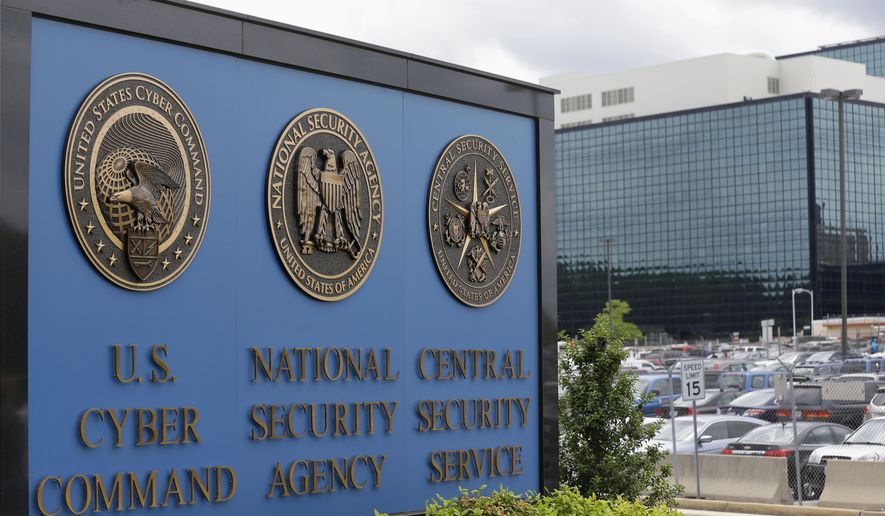The National Security Agency program that amassed the phone records of millions of Americans was called illegal and possibly unconstitutional by a federal appeals court Wednesday.
A three-judge panel on the Ninth Circuit Court of Appeals unanimously found the NSA’s “bulk collection” of phone records violated the U.S. Foreign Intelligence Surveillance Act, or FISA.
The decision was issued in response to a challenge raised by lawyers representing four Somali immigrants convicted of charges related to sending money to a foreign terrorist group.
Upholding the convictions, the appeals court said the NSA program was illegal but played a negligible part in the terrorism case against Basaaly Saeed Moalin and his co-defendants.
“We conclude that the government may have violated the Fourth Amendment and did violate the Foreign Intelligence Surveillance Act (“FISA”) when it collected the telephony metadata of millions of Americans, including at least one of the defendants, but suppression is not warranted on the facts of this case,” Judge Marsha Berzon wrote for the appeals court.
“Here the NSA collected Moalin’s (and millions of other Americans’) telephony metadata on an ongoing, daily basis for years,” wrote Judge Berzon, an appointee of former President Bill Clinton. “Moalin likely had a reasonable expectation of privacy in his telephony metadata — at the very least, it is a close question.”
She was joined in her ruling by Judge Jacqueline Nguyen and Judge Jack Zouhary — appointees of former Presidents Barack Obama and President George W. Bush, respectively.
“On the merits, the panel held that the metadata collection exceeded the scope of Congress’s authorization … which required the government to make a showing of relevance to a particular authorized investigation before collecting the records, and that the program therefore violated that section of FISA,” reads part of the court’s 59-page ruling.
The NSA’s collection of metadata — records about calls but not their contents —was revealed through documents leaked by former intelligence contractor Edward J. Snowden in 2013.
It began after the terrorist attacks of Sept. 11, 2001, and it was authorized under Section 215 of the USA PATRIOT Act before reforms passed by Congress in 2015 ended the program.
Mr. Snowden, who faces violations of the U.S. Espionage Act for disclosing the NSA documents and lives as a fugitive in Russia, reacted with disbelief to the ruling on Twitter.
“Seven years ago, as the news declared I was being charged as a criminal for speaking the truth, I never imagined that I would live to see our courts condemn the NSA’s activities as unlawful and in the same ruling credit me for exposing them,” he tweeted. “And yet that day has arrived.”
President Trump said last month he was open to consider pardoning Mr. Snowden.
• Andrew Blake can be reached at ablake@washingtontimes.com.




Please read our comment policy before commenting.